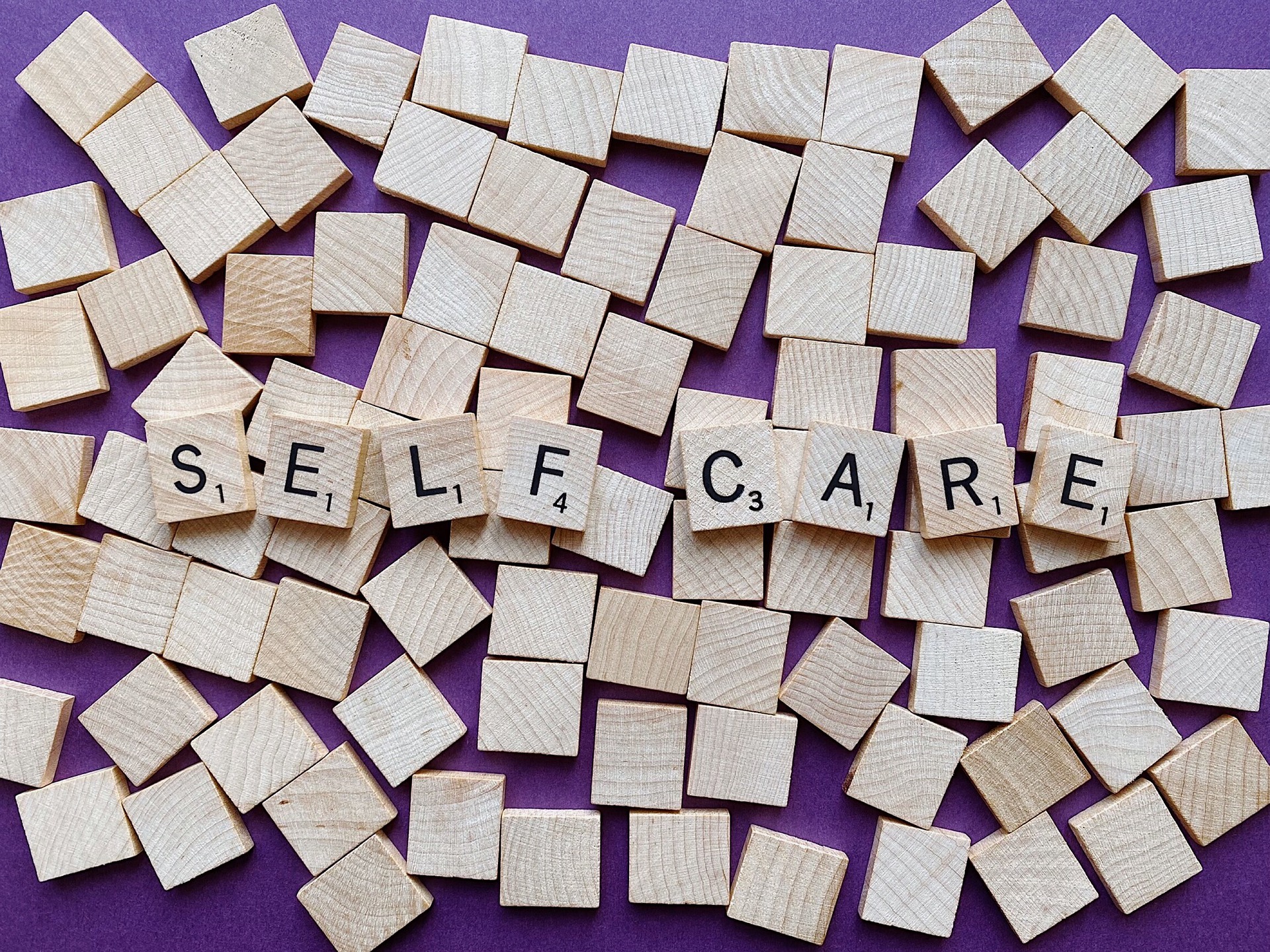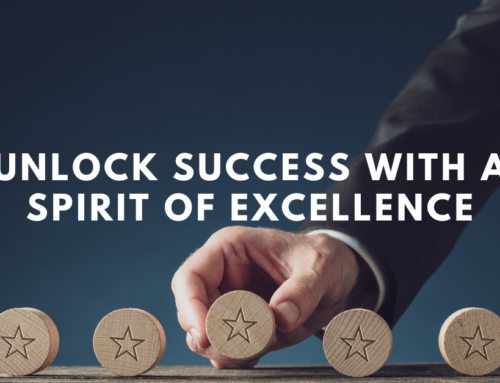I am a workaholic. I have a long history of centring my life around work. In some ways, I was honestly a little masochistic about it, especially early in my career when I would flex how many 70-hour work weeks and overtimes I could achieve. I was, and sometimes still am, mindlessly addicted to productivity.
Why? To me, working was the ultimate expression of my success. It was validation for all the sacrifices I’ve made in my life. All the things I was insecure about were justified by working. Didn’t get to go to a party? That’s fine, at least I was making money. Friends were upset that I didn’t go to an important event for them? Totally okay; it means they weren’t being supportive of my career. I got sick from working all night? It’s alright as long as my work was finished in advance. All these were things I could let go of, because working gave me validation.
But over the years, I’ve started to reflect on where I am, not just in my career, but in my life. Don’t get me wrong – I’m proud of my success, and I don’t regret it, but I can’t help but think, would it really have been that harmful if I took a step back and enjoyed things every now and then? Would it have really damaged my businesses if I went to one party, or wedding, or treated myself to a nap or a movie? I’ve slowly begun to realise the answer is no.
Learning about self-care has really opened my eyes to what it can do for me. I’ve found that self-care isn’t a hindrance to growth, or leadership, or success, but is, in fact, something that might even add to them.
What is self-care, really?
Self-care should sound self-explanatory – it’s about taking care of yourself. The World Health Organization’s definition of self-care is “What people do for themselves to establish and maintain health, and to prevent and deal with illness.”
But there’s a lot more to self-care than just raw definitions that don’t really get us anywhere. Because as anyone who has attempted to practise self-care knows, it’s a lot easier said than done.
I believe self-care, above anything else, begins with the mind. It is the conscious exercise of mindfulness and patience in the things we do. After all, forcing yourself to take a break won’t actually help you to relax – you’ll just be even more stressed out at your lack of productivity. But if you can change your mindset to really start taking care of yourself, that’s when you can start to reap all its benefits.
Why is it important?
As mentioned, I used to live a life that lacked self-care. I had a tendency to struggle with appreciating the things in front of me, and this generally led me to feeling empty. I would constantly be looking for the next best thing to happen, instead of understanding what I had and being grateful for it. And while I might have been accomplishing my tasks, I was also deteriorating mentally. I couldn’t appreciate myself, and sometimes my work would even suffer for it.
If this sounds like a nightmare to you, then you can probably already understand why self-care is important. But don’t just take my word for it. Various studies have shown strong correlations between practising self-care and having a higher quality of life.
And this appreciation for our own needs and satisfaction reflects in how we lead and how we approach work. When we treat ourselves with kindness and respect, we are also able to exude the same kind of energy to the people around us in the workplace. We’re able to be more patient, and focus on the tasks that we need to do. Practising self-care also allows us to be more empathetic towards others, because we know how to be empathetic towards ourselves.
When you start doing self-care, you stop letting life pass you by. You stop missing out on the small moments that make life meaningful and beautiful, and you start adopting that in the way you lead and approach others. When you are mindful, you let go of the illusion of control, and ironically enough, start having a better grasp of the things around you.
So, start incorporating self-care into your life. You’ll be so much better off for it, and your leadership will be too.
How do you achieve it?
Like I said, mindfulness is key to achieving true self-care. This means being present in the things we do and appreciating where we are. Understanding and immersing ourselves in each moment allows us to really focus on the tasks at hand, whether we be hard at work or taking a break.
The benefits of mindfulness have been much discussed.. Hundreds of studies have proven that mindfulness has positive effects on psychological well-being. Champion athletes like Stephen Curry use mindfulness techniques to channel their energies and compete at the highest level. And no, you don’t need to be an athlete or a monk to practise mindfulness.
Some of the simplest ways to achieve it can take just seconds. For example, take fifteen seconds to do some breathing exercises, or take a few minutes to understand where you are and let your thoughts flow. When you do these little things, you’re already practising self-care because you’re taking time out to slow down, gather yourself, and let negative energy out. When you’re more aware of yourself and your surroundings, you develop the ability to better appreciate life.
And this extends to bigger things too. From those small moments of mindfulness, you can learn the more common forms of self-care like exercising, taking up a hobby, having a day trip to a relaxing venue, or telling yourself nice things. But regardless of what it is you do in your self-care routine, it starts with appreciating the moment and letting yourself enjoy things for what they are.
To your success,
Mario
[Visit www.mariosingh.com now to enjoy a FREE e-book of my latest “37 Essential Principles for Massive Success” when you subscribe!]





